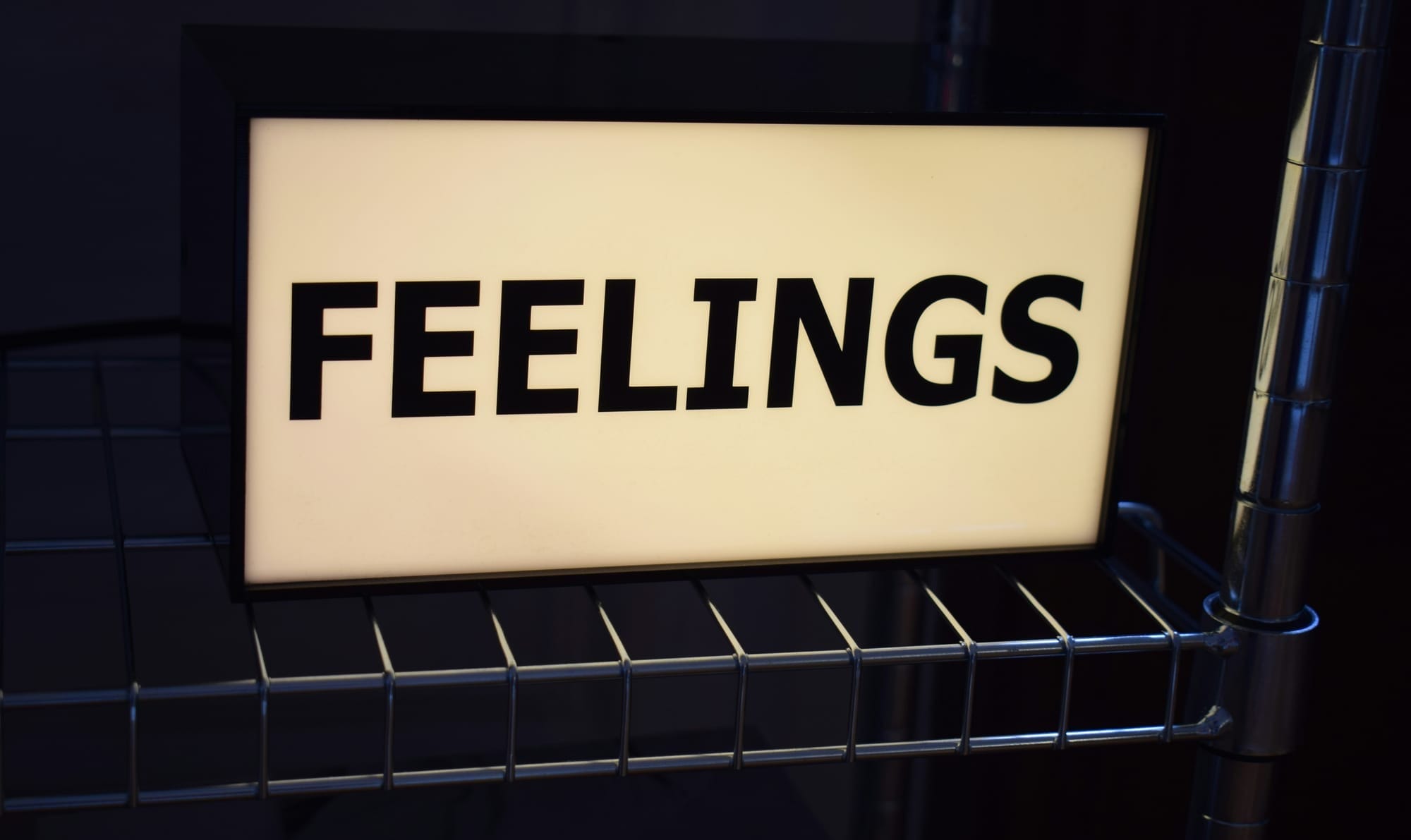Why AI Therapy Is Ideal for People Who Hate Talking About Their Feelings

Opening up about feelings can be incredibly challenging, especially for those new to therapy. Shame, anxiety, or fear of judgment often act as barriers. But what if therapy didn’t require talking out loud or even facing another person?
Enter Aitherapy, a CBT-based AI therapy solution designed for individuals who prefer introspection over conversation. This article explores why AI therapy may be the perfect first step for those who struggle to express their emotions.
What Makes Talking About Feelings So Hard
The Emotional Barrier
Many people hesitate to share their feelings due to fear of vulnerability, past trauma, or simply discomfort with emotional expression. For first-time therapy seekers, even the thought of speaking to a human therapist can induce stress.
Affect Labeling: The Science of Naming Emotions
Research shows that naming emotions, known as affect labeling, can reduce emotional intensity and improve self-regulation. Even without a human present, simply typing out what you're feeling engages the same psychological benefits. Studies cited in JMIR Mental Health and BMC Psychology affirm that affect labeling, even via digital interfaces, can activate brain areas linked to emotional regulation.

Therapy Avoidance is Common
It’s important to recognize that hesitancy isn't abnormal. In fact, it’s one of the top reasons people delay getting help. AI therapy offers a judgment-free zone to begin the therapeutic journey at your own pace.
Why AI Therapy Works for Non-Talkers
No Judgment, No Pressure
Aitherapy’s AI therapist doesn’t judge, interrupt, or pressure users. This environment fosters psychological safety which is crucial for anyone reluctant to share their inner world.
Anonymity & Emotional Control
With AI therapy, you maintain full control. You can start, pause, and resume conversations when you’re ready. The sense of anonymity significantly reduces social anxiety, empowering you to express what might be too painful to say aloud.
Structured CBT in a Calm Format
AI therapy follows the principles of Cognitive Behavioral Therapy (CBT), a clinically proven method to treat anxiety, depression, and other emotional challenges. The AI guides you through structured exercises, offering consistency and evidence-based support.
Clinical Evidence Supporting AI CBT
Fast Symptom Reduction
Woebot, a CBT-based chatbot similar to Aitherapy, showed clinically significant reductions in depression and anxiety within two weeks.
Therabot’s 51% Improvement
Dartmouth College’s study on Therabot, another AI therapy tool, revealed up to 51% reduction in depressive symptoms, validating the model’s effectiveness.
Improved Engagement and Adherence
The UK’s National Health Service (NHS) found that CBT-supported AI tools increased session attendance and reduced dropout rates, making therapy more sustainable.

AI Encourages Emotional Openness
According to Nature Mental Health, people were more likely to open up emotionally to AI than human therapists. They perceived the chatbot as more compassionate and easier to trust.
Why Aitherapy?
CBT-Driven, Science-Backed
Aitherapy is grounded in robust CBT methodology, providing scientifically validated strategies for emotional processing, self-reflection, and coping skills.
Personalized Yet Predictable
The AI adapts to your inputs without being intrusive. It responds thoughtfully, mimicking human empathy while avoiding biases or judgment.
No Signup, No Barrier
Unlike traditional therapy platforms, Aitherapy lets you begin immediately, no signup required. This frictionless entry lowers resistance and makes it easier to just start.
Addressing Common Concerns
Is my data safe with Aitherapy?
Aitherapy employs data encryption, anonymity, and session security to ensure your interactions are private and secure.
When Should You Seek a Human Therapist?
AI therapy is excellent for low to moderate mental health concerns. However, for crisis situations or complex disorders, a licensed human therapist is recommended. Aitherapy includes redirection protocols for such cases.

AI Complements, Not Replaces
Think of Aitherapy as a starting point, a first step that helps users develop self-awareness and coping tools before they’re ready for in-person therapy, or as a supplement between sessions.
How to Get Started with Aitherapy
Quick Start, No Signup
Simply visit Aitherapy’s website and begin chatting. You don’t need to create an account to try or fill out lengthy forms to start.
Tips for a Meaningful Experience
- Be consistent: Use Aitherapy regularly for best results, it gives you 20 free messages a day, use them all.
- Be honest: The AI works best when you’re transparent.
- Reflect after sessions: Review insights and apply them.
Know When to Escalate
Aitherapy helps identify when you're ready or need to speak with a professional therapist and can suggest further steps when necessary.

Conclusion
AI therapy offers a new gateway into mental wellness, especially for individuals who avoid traditional methods. With Aitherapy’s no-pressure, CBT-based model, you can explore your feelings at your own pace, in privacy, and with professional support. Whether you’re unsure about therapy or simply not ready to talk, Aitherapy offers a gentle yet effective way to begin.
Start talking with Aitherapy today, no signup required, try it free
FAQs
Can AI therapy help if I hate talking?
Yes. AI therapy lets you communicate in writing, offering space to reflect without verbal pressure.
Is AI CBT as effective as in-person therapy?
For mild to moderate issues, research shows AI CBT tools like Aitherapy can be just as effective in reducing symptoms.
Do I need to sign up to try?
No. Aitherapy lets you begin immediately without creating an account.
What if I have severe mental health concerns?
Aitherapy is not designed for crisis support. It will direct you to appropriate professional help if needed.





